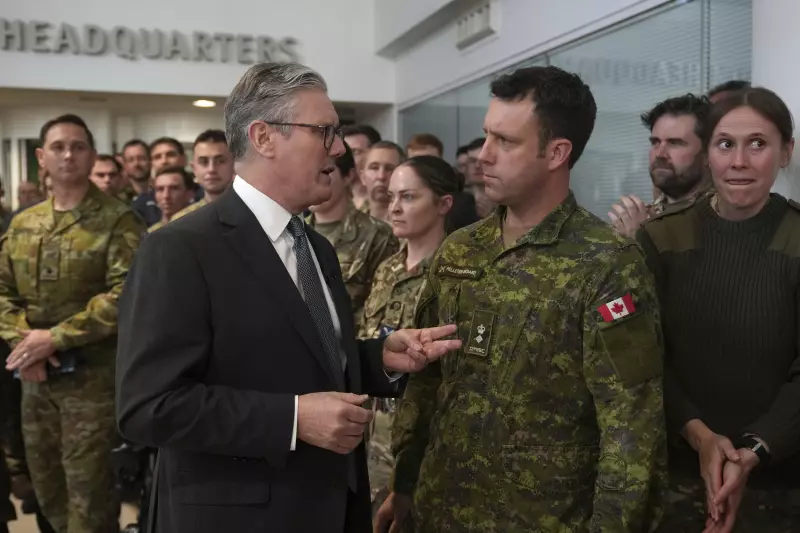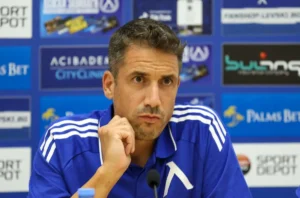
Senior military officials from over 30 countries convened in England to discuss the formation of an international peacekeeping force for Ukraine, amid ongoing efforts to negotiate a partial ceasefire between Ukraine and Russia. The initiative, led by the United Kingdom and France, aims to deploy between 10,000 to 30,000 troops to enforce any eventual peace agreement, notably without U.S. military involvement.
The discussions underscore a shift in geopolitical dynamics, with European nations taking a more prominent role in ensuring Ukraine’s security. Countries such as Sweden, Denmark, and Australia have expressed willingness to contribute troops, while Eastern European nations prefer to offer logistical support due to concerns about provoking Russia. However, challenges persist, including fears of direct conflict with Russian forces and debates over the size and mandate of the peacekeeping contingent.
British Prime Minister Keir Starmer emphasized the importance of readiness, stating that Britain and its allies must be prepared to react swiftly if a peace deal is struck between Russia and Ukraine. This sentiment reflects Europe’s increasing responsibility for its defense, especially in light of reduced U.S. support. The European Union and Germany are also considering enhanced military aid to Ukraine, signaling a serious commitment to addressing the ongoing conflict.
While the exact details and timeline for deploying the peacekeeping force remain uncertain, the collaborative efforts highlight Europe’s determination to support Ukraine’s sovereignty and work towards a sustainable peace solution.







